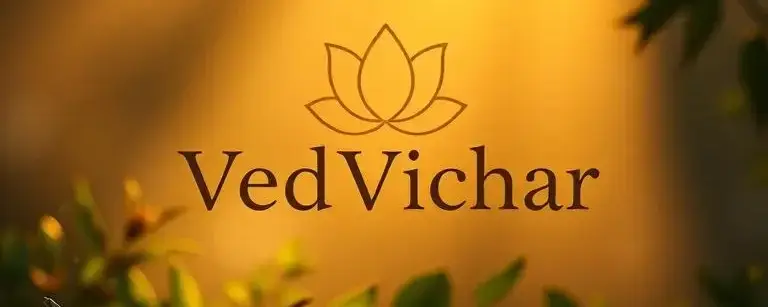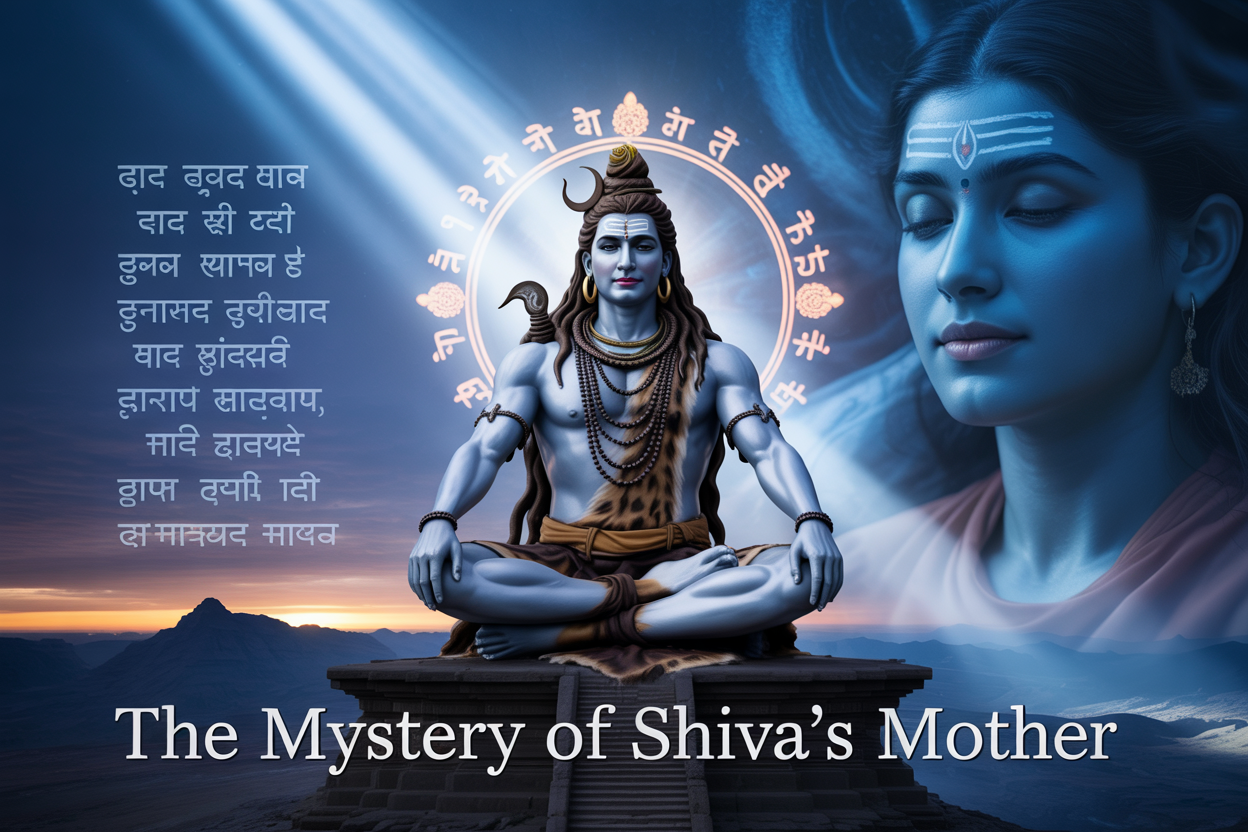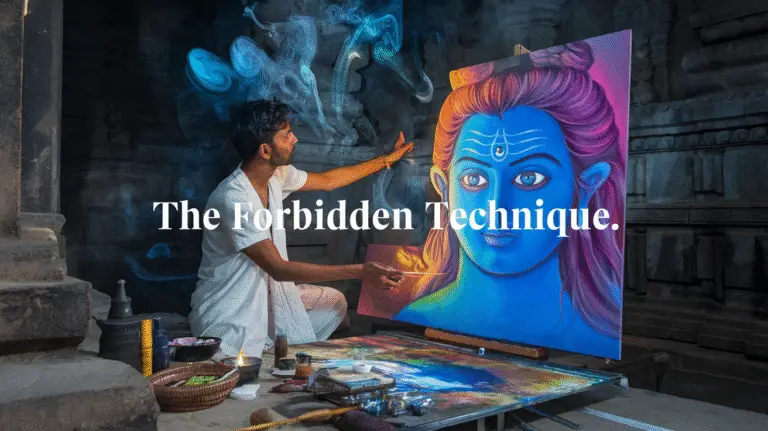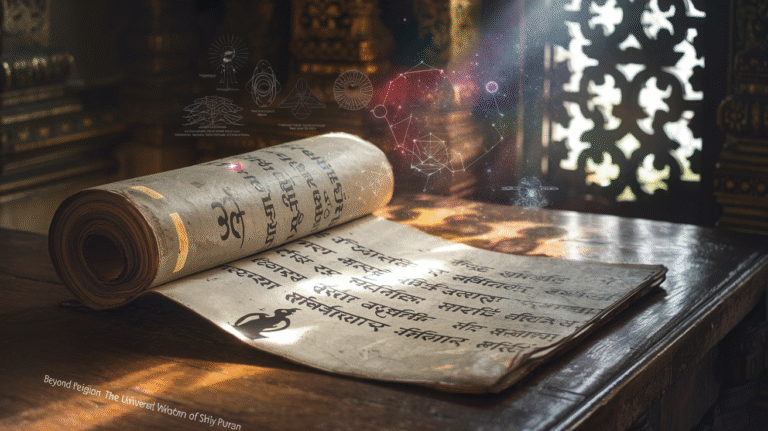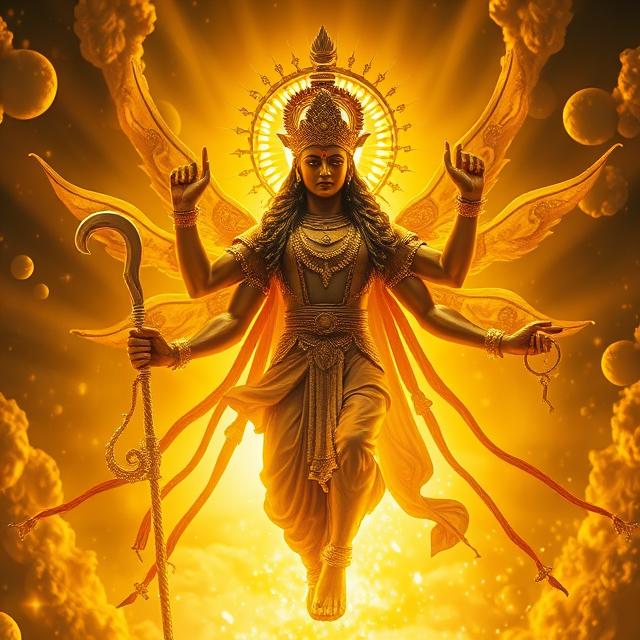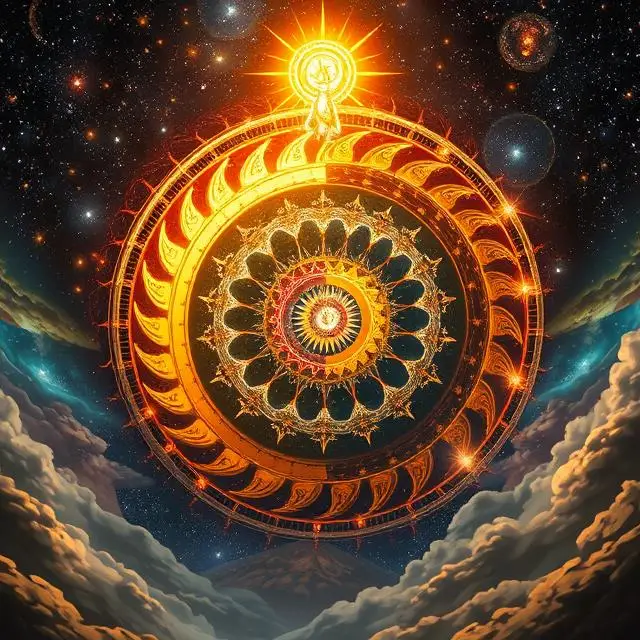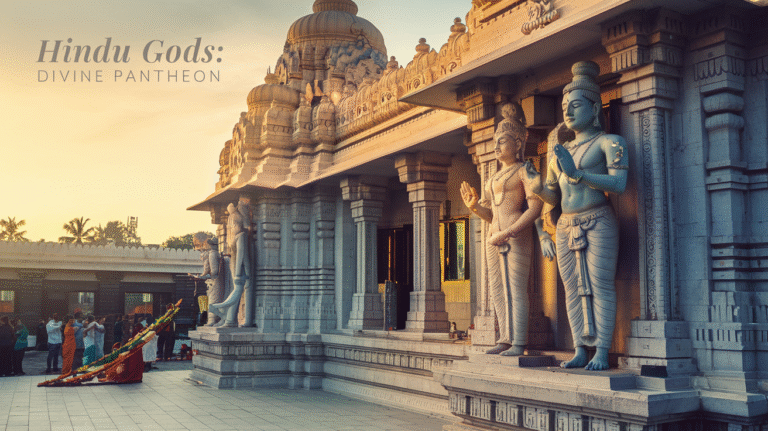Unveiling the Hidden Truth: Shiva’s Mother’s Name Shocks Devotees!
Ever wondered why Lord Shiva, one of Hinduism’s most revered deities, has no mother mentioned in ancient texts? Do you ever wonder what Shiva’s Mother’s Name is? It’s the question that’s been quietly bothering devotees for centuries.
I’m about to unpack the mystical truth about Lord Shiva’s origins that most religious scholars don’t openly discuss.
When researching Shiva’s divine parentage, I discovered something that challenges everything we thought we knew about Hindu mythology. The absence of Shiva’s mother’s name isn’t an oversight—it’s intentionally significant.
What if I told you this missing maternal figure actually reveals the most profound aspect of Shiva’s divine nature? And that understanding could completely transform how you connect with this powerful deity?
The Identity of Lord Shiva’s Mother’s Name in Hindu Mythology
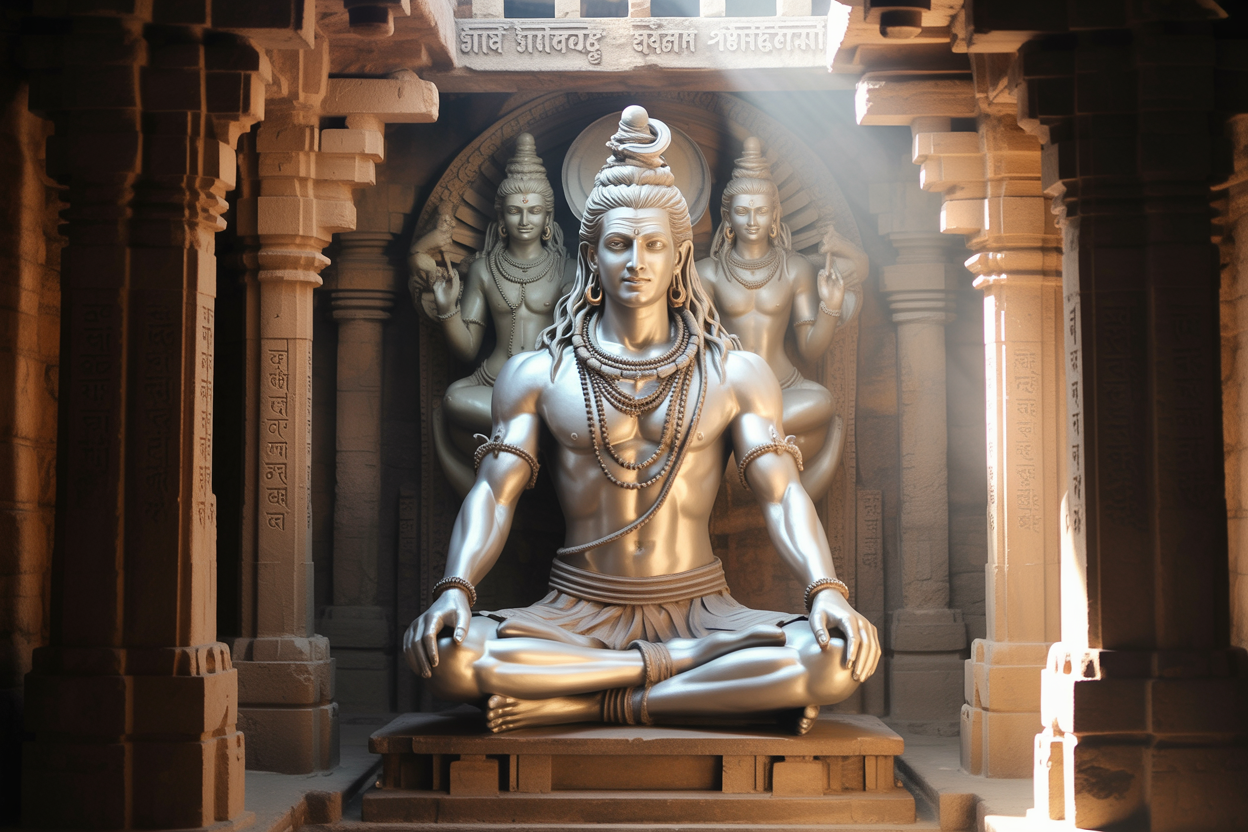
Different versions of Shiva’s birth story
Ever wondered where Lord Shiva came from? Some stories say he emerged from Lord Brahma’s forehead, while others claim he appeared from a fiery pillar. The Shiva Purana mentions he was born to Brahma and his female counterpart, but honestly, these accounts contradict each other all over the place.
The concept of Shiva as a self-manifested deity
Here’s the kicker – most Hindu traditions actually consider Shiva “Swayambhu” (self-born). He’s beyond the typical birth-death cycle that affects other beings. Unlike gods with clear family trees, Shiva exists eternally. That’s why finding his “mother” becomes so complicated – he’s viewed as the unborn, eternal force of the universe.
Exploring Anusuya as Shiva’s Mother’s name
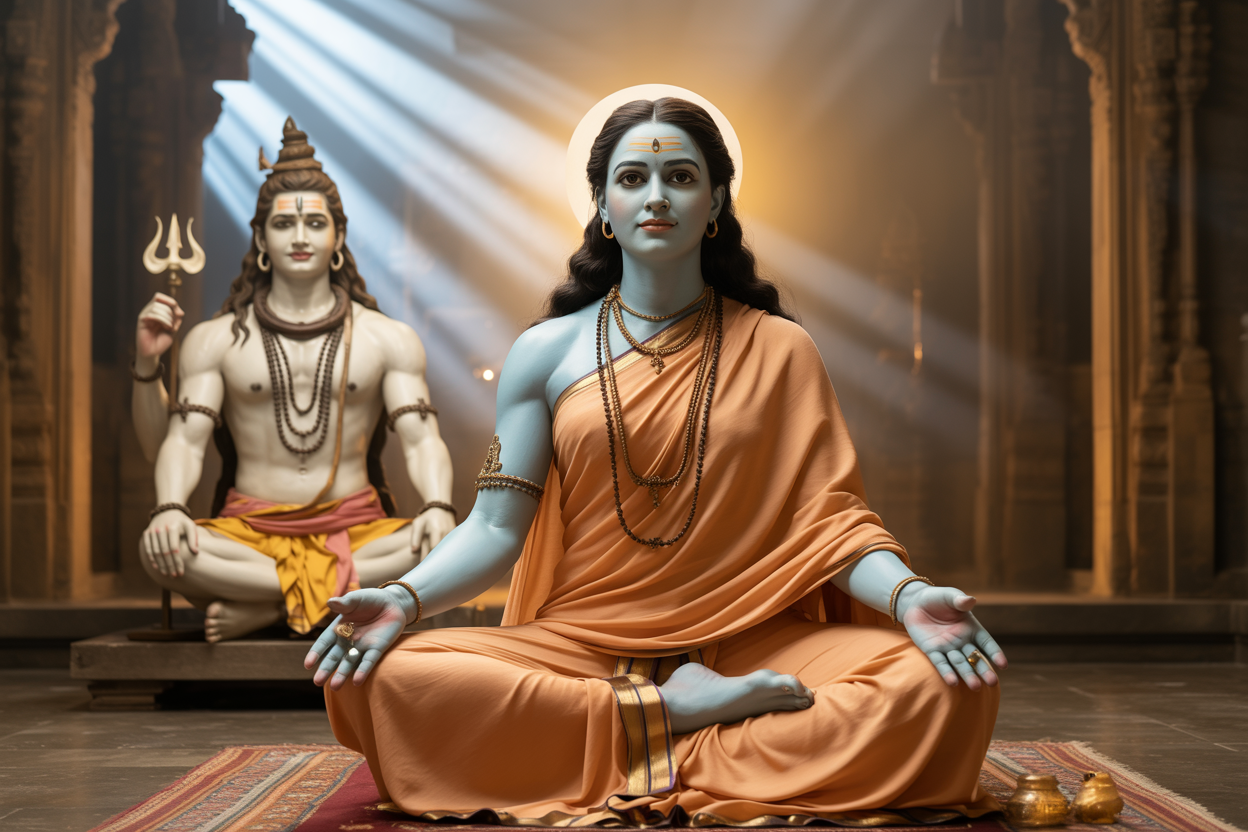
Stories connecting Anusuya to Lord Shiva
Some Hindu traditions suggest that Anusuya, the wife of sage Atri, adopted and nurtured Shiva. In one popular tale, she showcased such devotion that the divine Trimurti (Brahma, Vishnu, and Mahesh) blessed her, granting her maternal status to Shiva. This relationship isn’t about biological motherhood but spiritual guardianship.
Anusuya’s prominence in Hindu scriptures
Anusuya appears throughout sacred texts like the Puranas and Brahmanda Purana, celebrated for her purity and devotion. Her interactions with Shiva highlight her significance as a maternal figure whose spiritual power rivals the gods themselves. Many devotees honour her as the embodiment of ideal womanhood.
Other Divine Figures Associated with Shiva’s Mother’s name
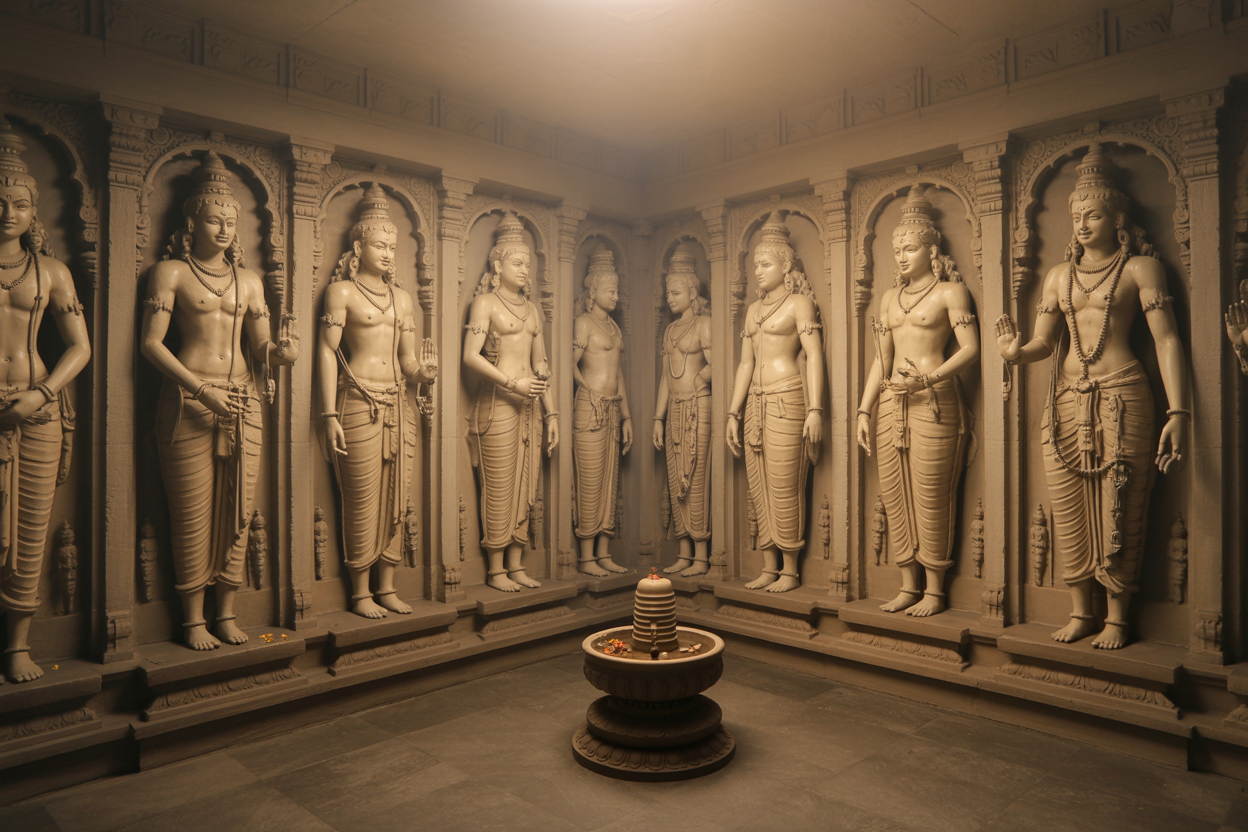
A. Goddess Kali’s connection to Shiva’s origin
In some Tantric traditions, Kali is viewed as the primordial energy that birthed all creation, including Shiva. When devotees dig deeper into these esoteric texts, they’re often stunned to discover Kali referred to as “Adi Shakti” – the original mother force from which even the mighty Shiva emerged.
B. Sati and Parvati’s relationship with Shiva
The story gets complicated when we talk about Sati and Parvati. They’re Shiva’s consorts, not his mothers. But here’s the mind-bender – in certain philosophical interpretations, they represent the divine feminine principle that complements and completes Shiva, creating a cosmic parental dynamic rather than just a marital one.
Historical Evolution of Shiva’s Parentage in Texts
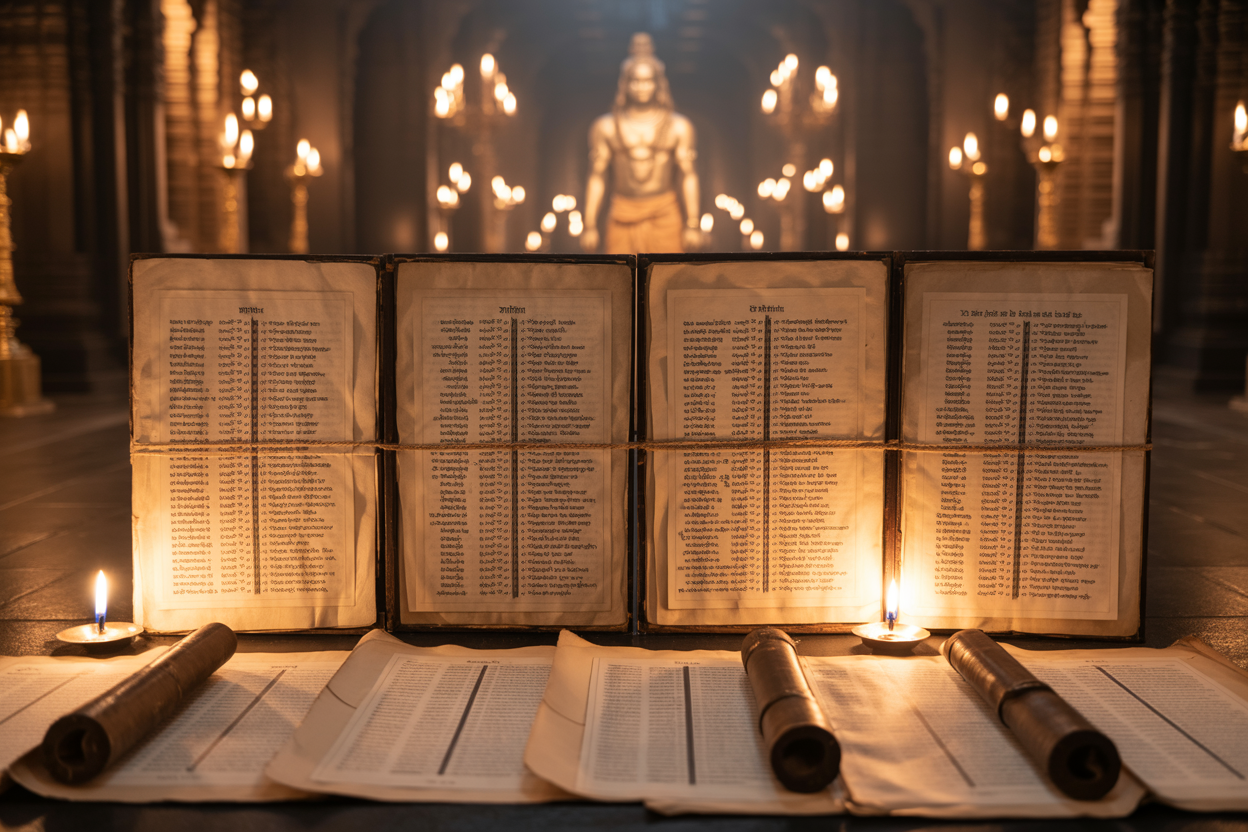
A. Vedic references to Shiva’s origin
Tracing Shiva’s parentage gets tricky when we dive into the Vedas. The earliest texts don’t explicitly name his mother at all! In the Rigveda, he appears as Rudra—fierce and independent, seemingly born without parents, emerging from cosmic forces rather than a traditional birth.
B. Puranic accounts of Shiva’s birth
The Puranas flip the script completely. Some texts claim Brahma created Shiva, while others suggest he’s self-manifested (Swayambhu). The Shiva Purana boldly states he’s beyond birth altogether—eternal and limitless. No wonder devotees get confused about his mother!
Significance of Mother Figures in Shiva’s Life
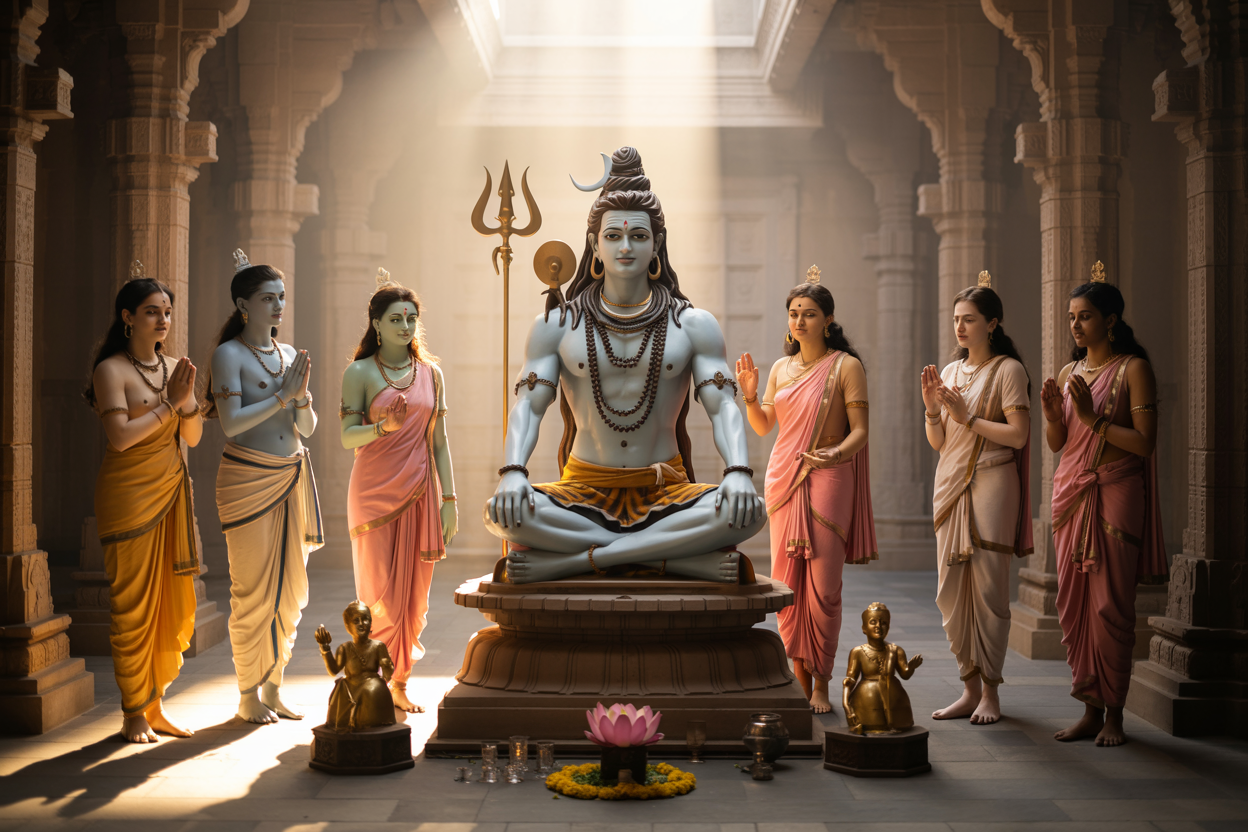
Symbolic meanings behind Shiva’s maternal relationships
Mother figures in Shiva’s mythology aren’t just characters – they’re powerful symbols of creation and cosmic balance. The mystery around his birth mother reflects his transcendent nature that exists beyond ordinary human origins.
Impact on devotional practices
Devotees connect with different maternal aspects in Shiva worship, whether through Parvati as Divine Mother or through symbolic representations of primordial feminine energy. These mother connections make the seemingly remote, ascetic Shiva more accessible through loving, nurturing qualities.
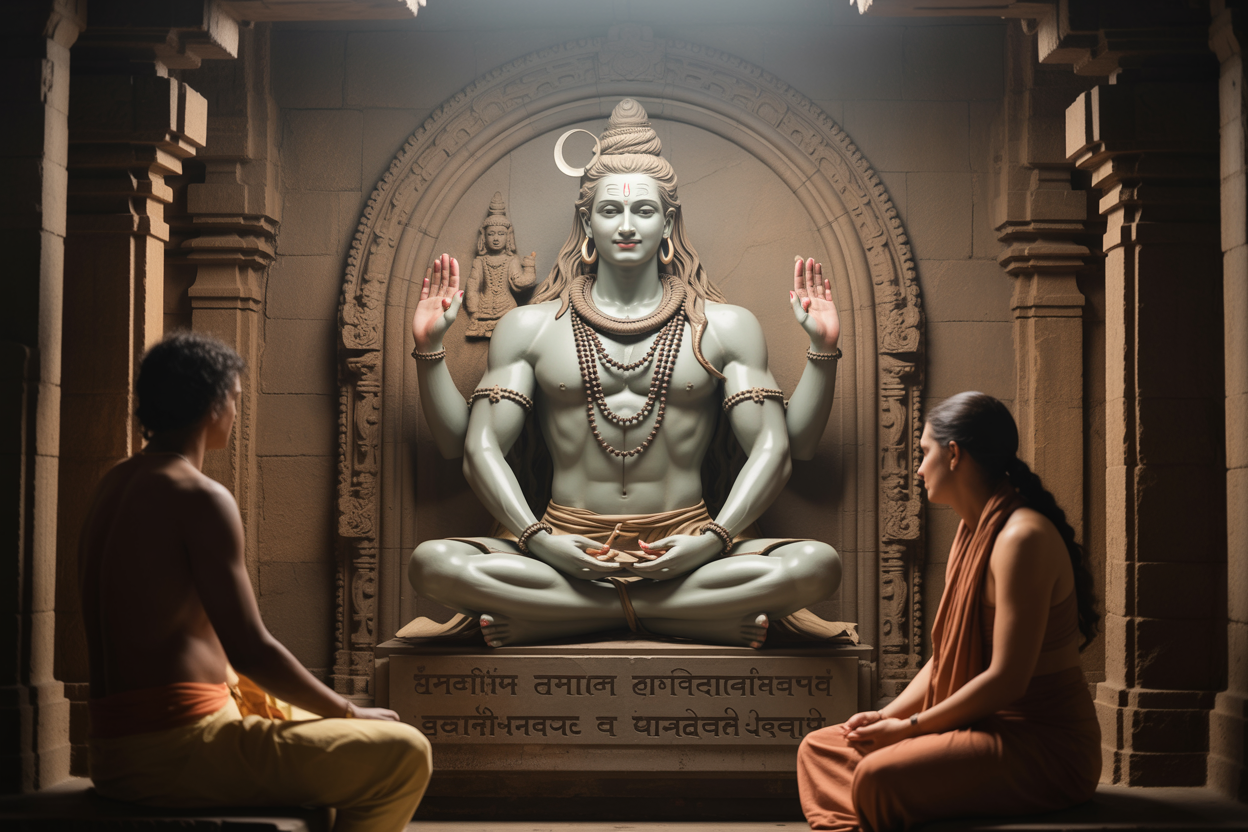
Delving into the mysterious origins of Lord Shiva reveals fascinating connections to maternal figures like Anusuya, alongside other divine entities credited as his mother in various texts. The perception of Shiva’s parentage has evolved throughout Hindu scriptures, with different traditions emphasizing unique maternal relationships that have shaped the deity’s complex mythology and character.
These mother figures hold profound significance in Shiva’s narrative, offering devotees deeper insights into his divine nature. By understanding these maternal connections, followers gain a more nuanced appreciation of Shiva’s place within Hindu cosmology. Whether you’re a devoted Shaivite or simply curious about Hindu mythology, exploring these maternal relationships enriches our comprehension of one of Hinduism’s most enigmatic and revered deities.
